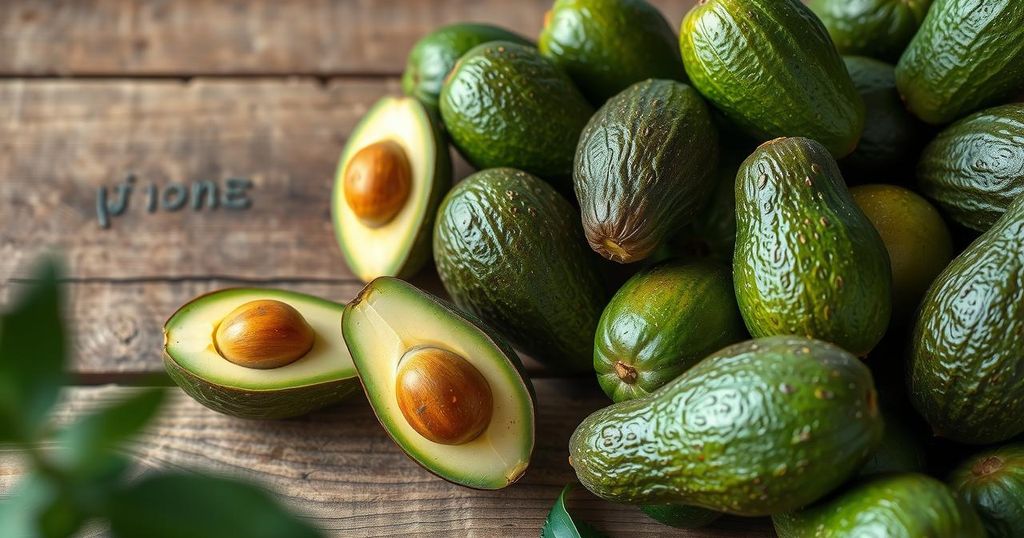Nigeria’s annual inflation rate fell to 23.2% in February, marking the second consecutive monthly decrease, with food inflation also decreasing. This decline could influence the Central Bank of Nigeria to maintain current interest rates in their May meeting. Economist Yvonne Mhango predicts further moderation, suggesting inflation may drop below 20% by the end of 2025. Recent updates to the consumer price index have adjusted the weighting of food and non-alcoholic beverages.
In Nigeria, inflation rates have decreased for the second consecutive month, leading to optimism regarding the stabilization of price pressures. According to data from the National Bureau of Statistics, annual consumer prices increased by 23.2% in February, down from 24.5% the previous month. Additionally, food inflation fell to 23.5% from 26.1%, while core inflation rose slightly to 23% from 22.6%.
This reduction in inflation may provide favorable conditions for the Central Bank of Nigeria (CBN) to maintain current interest rates during their upcoming meeting in May. Following a series of interest rate hikes aimed at managing inflation and stabilizing the naira, the CBN held the benchmark rate at 27.5% last month.
Yvonne Mhango, an economist with Bloomberg Africa, indicated, “Annual headline inflation in Nigeria cooled for a second consecutive month in February. We anticipate more of the same as energy prices moderate ahead…” She forecasts a decline in the consumer price index below 20% by the end of 2025, with potential easing of monetary policy in the latter half of the year.
The Nigerian statistics agency also recently updated the consumer price index for the first time in 16 years, adjusting the reference year to 2024. This revision aimed to better capture the inflation challenges faced by households across the country, particularly by reducing the weighting of food and non-alcoholic beverages from 51.8% to 40%. On a month-to-month basis, the inflation rate for February was recorded at 2%.
The changes in inflation and potential interest rate adjustments will be closely watched as individuals and businesses navigate the economic landscape in Nigeria. With a clearer understanding of inflation dynamics, stakeholders may be better positioned to make informed decisions for the future.
In conclusion, Nigeria’s inflation has declined for the second month, inspiring hope that price pressures may have peaked. The Central Bank of Nigeria is contemplating the possibility of holding interest rates steady during the upcoming meeting, especially as forecasts suggest further moderation in inflation. The recent adjustments to the consumer price index reflect a strategic update aimed at more accurately representing the economic realities faced by Nigerians. Overall, these developments signal cautious optimism in Nigeria’s economic outlook.
Original Source: financialpost.com




